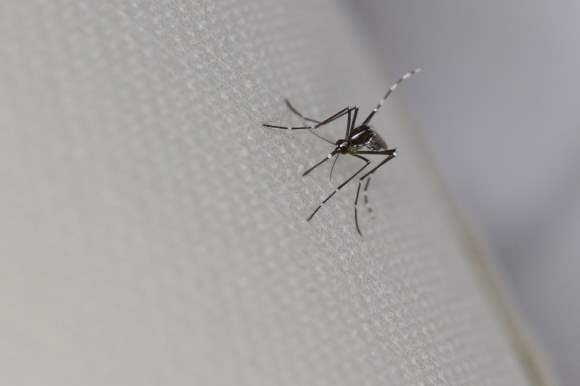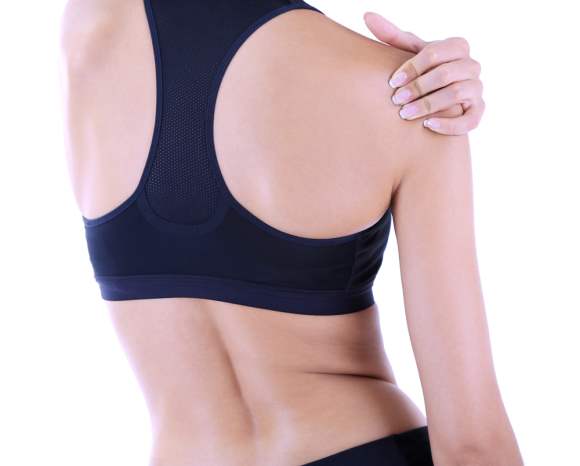Chicken guinea and chicken gunaya are both misspellings of the mosquito-borne disease chikungunya. However, all these spellings are now accepted from wide use.
 Chicken Guinea – Causes Symptoms Treatment and Prevention
Chicken Guinea – Causes Symptoms Treatment and Prevention
Chikungunya or CHIKV (chikungunya virus) is also often called a monsoon disease. This may be because there is an increase in the number of mosquitoes during the monsoon, which means that there is a higher probability of the disease being spread. Plus, because most people do not take care of their health throughout the year, the iffy monsoon weather tends to make them more susceptible to many illnesses then.
What causes chicken guinea?
Not chickens, that’s for sure. Chicken guinea or chikungunya is a virus. The virus infects humans when they get bitten by the Aedes mosquito that carries this virus. It is thought that the mosquito itself gets infected with the virus when it bites certain monkeys.
Symptoms of Chicken Guinea
 Chicken Guinea – Causes Symptoms Treatment Prevention
Chicken Guinea – Causes Symptoms Treatment Prevention
The symptoms of chikungunya are very similar to that of dengue or dengue fever. A mistaken diagnosis is common, which is why it is important to relate your symptoms as accurately as you can to the doctor.
- High fever
- Overwhelming tiredness; inability to complete normal chores
- Weakness
- Headache
- Pain and/or stiffness in the joints
- General body pain
- Muscle pain
- Certain parts of the body which are in pain may also swell up
- Sleeplessness
- Nausea
- Ulcers in the mouth
- Rashes on the body
It can be up to twelve days after you are infected that these symptoms begin to surface. However, the symptoms can begin as soon as two days after being bitten.
There are a few cases where infection occurs but no symptoms manifest. It is known as silent chicken guinea.
The symptoms can last from anywhere between one week to several months if not treated or caught early. For reasons unknown, chicken guinea does not affect children as badly as it does adults (but this is only if the disease is caught early on). And among adults, pregnant women tend to be less severely affected by it. Neither the growing foetus nor the mother is affected in the long run by the infection.
Is there a cure?
No, unfortunately there is no cure for chicken guinea. But it is believed that once you contract chicken guinea, your body develops an immunity to it and you won’t suffer from it again. So the key is to be aware of the symptoms, catch it early and get it treated so that you recover fully and are protected in the long run from contracting it again.
So how is it treated?
Chicken guinea is treated symptomatically. What this means is that it is your symptoms that are treated instead of the disease itself. That is why it is so very important to see a doctor early on if you suspect you have chikungunya. The longer you wait, the worse your symptoms can get and the worse the disease can take hold over your system.
Whether homeopathic or allopathic, the treatment will address your headaches, joint pain, fever, nausea, etc. in the hopes that once these symptoms pass, the chicken guinea will too.
Ayurveda will treat chicken guinea as a disorder arising from an imbalance of the vata (air) dosha. Tulsi and carrots are recommended for recovery. Ayurvedic medicines made of several herbs, spices may be prescribed. See an Ayurvedic doctor for a check up and individual treatment options.
It’s Best to Avoid Chicken Guinea
When it comes to disease or illness of any kind, your best bet is to prevent it from happening in the first place. Prevention really is better than cure. And the precautions for prevention of one type of disease or illness will inevitably protect you from several others too. So it’s a win-win situation if you choose to take care of your health. Here are a few simple things you can do to keep from contracting chicken guinea.
Since the disease spreads through mosquitoes, your first preventive measure is to ensure that you do all you can to prevent mosquitoes from coming into your home or even around the locality you live and work in if possible.
- Use a combination mosquito coils, mosquito mats and insect repellents to keep the pests out of your home. Mosquito nets are also a good idea. Net screens on windows and doors will offer additional protection.
- If there is a swampy area around your home or even if there is a small pool of stagnant water from the rains due to lack of proper drainage systems, do something about it. Stagnant water is a breeding ground for mosquitoes and other insects which spread disease. See if there are government services you can contact to clean up the mess or do it yourself with the help of a community drive.
- Avoid letting water remain in a bucket or pot for too long.
- Also ensure you don’t let garbage pile up in or around your home. If your garbage gets picked up weekly so you have no choice but to keep it lying around, make sure it is placed in covered garbage cans.
- When you step out to places where you have no control over the mosquito population, wear protective covering. No one’s asking you to wear a hazmat suit, but full sleeves and full pants are definitely a good idea.
Taking care of your health has a big role to play in preventing chicken guinea.
- Eat healthy to build your immune system. Focus on nuts, seeds, fruits, vegetables, grains, eggs, fish and lean meat. Avoid street food, fast food and greasy dishes.
- Regular exercise also helps make your body stronger.
- Don’t forget to hydrate – with water, not alcohol, tea, coffee, soda or juice.
- Vitamin C and vitamin E help boost immunity. If you are not getting your daily requirement through food, take vitamin pills.
- Learn to manage stress. Studies show that stress has a debilitating effect on the immune system and raises your risk of catching infections.
Image: Shutterstock
